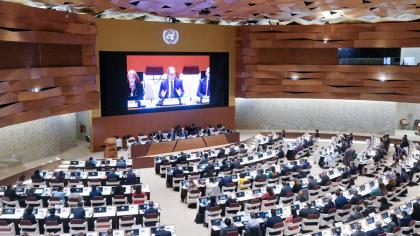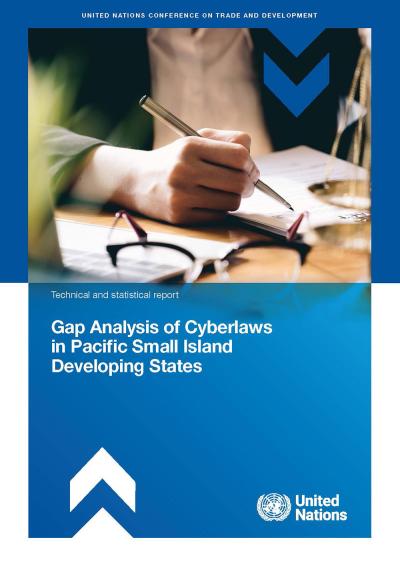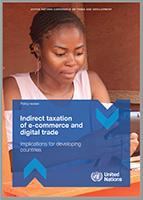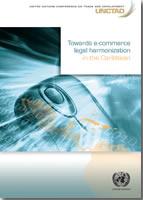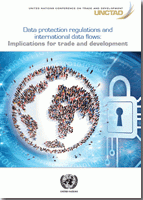Objectives
UNCTAD helps to build the capacity of policymakers and lawmakers at national and regional levels in understanding the underlying issues underpinning e-commerce. The assistance targets, in particular, ministry officials in charge of law reform who need to learn more about the legal implications of ICTs; parliamentarians who have to examine new cyberlaws; and legal professionals who enforce new legislation.
The programme is supported through funding provided by the Government of Finland.
Key Issues Addressed:
- Electronic Transactions and Electronic Signatures
- Data Protection and Privacy
- Consumer Protection
- Computer Crime
- Intellectual Property
- Competition
- Taxation
- Information Security
Services Offered:
Delivery of capacity-building training workshops
Training courses on the Legal Aspects of E-Commerce are available in English, Spanish and French. They are delivered through:
- To enhance knowledge of e-commerce legal issues
- To prepare lawmakers and government officials for the drafting of legal frameworks
- To discuss e-commerce legislation harmonization within a region
- Distance learning using the UNCTAD Train for Trade platform.
- On site workshops to deepen understanding of complex legal issues
Assistance with preparing and enacting legal frameworks includes
- Conducting inventories and reviews of legislation that affect the use of ICTs
- Drafting legislation harmonized with regional and international legal frameworks
- Validation round tables of national stakeholders for the public and private sectors to discuss and finalize draft legal frameworks
- Briefing Parliamentarians to facilitate law enactment
Comparative regional reviews of e-commerce legislation harmonization aim to:
- Assess the status of cyber-laws in a particular region by surveying the law reform process
- Provide recommendations for further harmonization of legislation, where required
Global Cyberlaw Tracker
News
Programme partners
![]()
The Commission of the African Union
![]()
Commonwealth Parliamentary Association
![]()
Commonwealth Telecommunications Organization
![]()
Inter-American Development Bank
![]()
International Telecommunication Union
![]()
Organization for Economic Cooperation and Development
![]()
United Nations Commission on International Trade Law
![]()
United Nations Office on Drugs and Crime
![]()
United Nations regional Commissions
Regional institutions in developing countries
![]()
The Secretariat of the Association of Southeast Asian Nations
![]()
East Africa Community Secretariat
![]()
Economic Community of West African States
![]()
General Secretariat of the Latin American Integration Association



